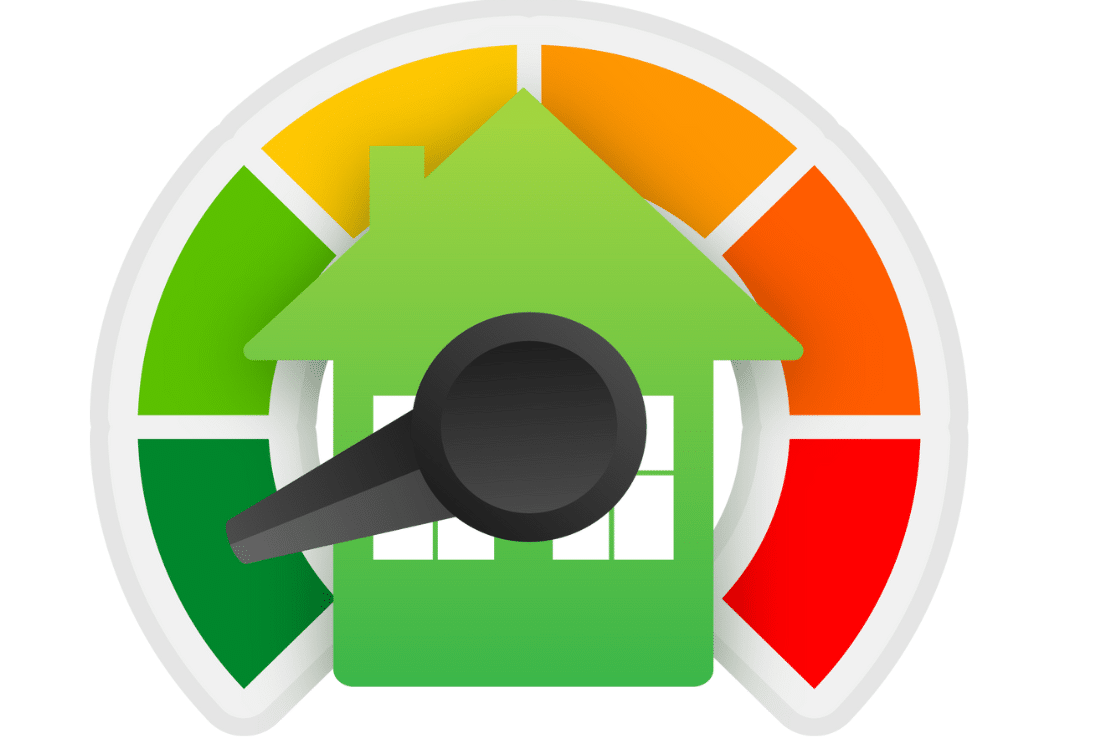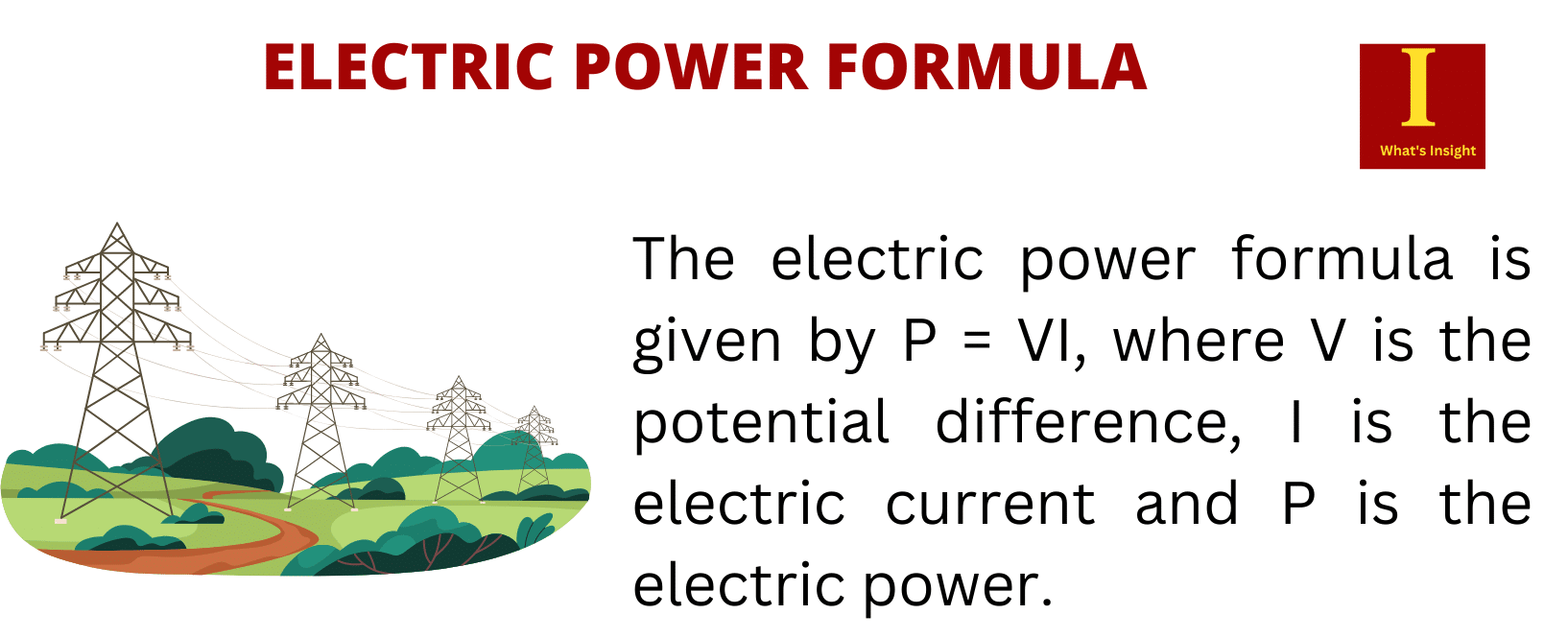A thermochemical calorie (small calorie) is the amount of energy required to heat one gramme of water by one degree Celsius. Its British Imperial equivalent, the BTU, is defined as the amount of heat required to raise the temperature of one pound of water by one degree Fahrenheit.
Moreover, we have to distinguish between a small calorie and a large calorie. A small calorie (cal) is the amount of energy required to raise the temperature of one gram (g) of water by one degree Celsius. A large calorie (kcal) is the amount of energy needed to raise one kilogramme (kg) of water by one degree Celsius.
- 1 calorie = 4.184 J
- 1 calorie = 0.00397 BTU
- 1 calorie = 1.16 x 10-6 kWh

Table of Contents
Energy Units
Energy is commonly defined as the ability to perform work. The SI unit of energy is the joule, which is also the unit of work (J). The Joule unit of energy is named after James Prescott Joule and his experiments on the mechanical equivalent of heat.
1 J = 1 kg.m2/sec2
1 calorie = 4.184 Joules
There are many energy units in physics and engineering because energy is a fundamental physical quantity that is used in many physical and engineering branches. Some commonly used energy units are listed below:
| Unit of Energy | Equivalence to calorie |
| Joule (J) | 0.000239006 kilocalorie |
| British Thermal Unit (unit: BTU) | 0.252164 kilocalorie |
| Foot-pound force (unit: ft.lbf) | 0.324048-gram calorie |
| Kilowatt-hour (unit: kWh) | 860421-gram calorie |
| Electronvolt (unit: eV) | 3.82929 e-23 kilocalorie |
Nutritional Calorie
Calories in nutrition refer to the energy people get from food and drink, as well as the energy they use in physical activity. Calories are listed in the nutritional information on all food packaging. Many weight loss programmes focus on calorie restriction.
More Links
- BCl3 Lewis Structure in four simple steps - November 1, 2023
- PH3 Lewis Structure in four simple steps - October 8, 2023
- PF3 Lewis structure in four simple steps - September 24, 2023



